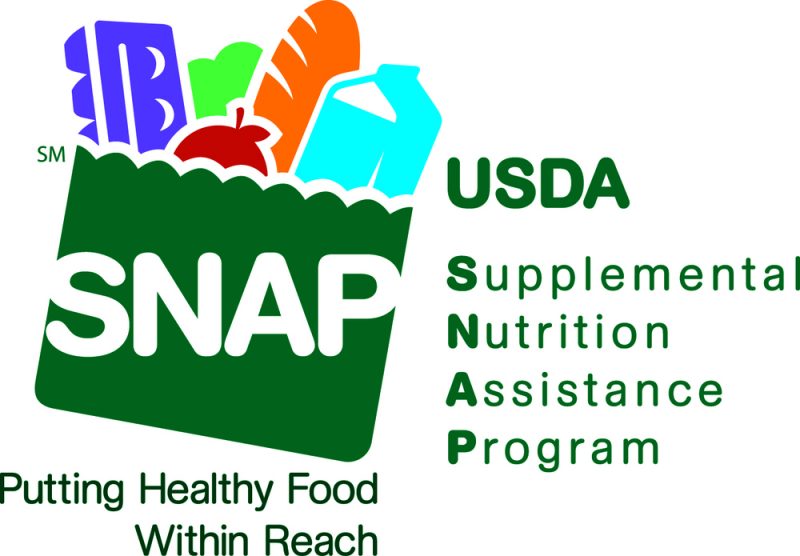latest
Baker-Polito Administration announce increase in SNAP benefits, heating assistance

BOSTON – Today, the Baker-Polito Administration announced that approximately 200,000 Massachusetts households who participate in the Supplemental Nutrition Assistance Program will see an increase in benefits starting March 2022 in response to rising utility costs. SNAP benefit levels are determined in part by the average cost of utilities for Massachusetts households, and the Commonwealth requested and received approval from the federal government to adjust heating costs used when determining SNAP benefit amounts to reflect the rising costs of consumer goods occurring this winter. This adjustment increases support to eligible families by an estimated $1.4 million.
The Baker-Polito Administration also announced that the Department of Transitional Assistance and Department of Housing and Community Development have partnered to increase outreach to thousands of households with information on the Low-Income Home Energy Assistance Program, commonly known as Fuel Assistance. In January, DTA sent out multilingual text messages to over 69,000 households with young children receiving SNAP with information on LIHEAP. To-date, this text helped lead to an 85% increase in new LIHEAP applications among this population compared to the same time period in the previous year. A second message will be sent in late March to an estimated 300,000 households who receive SNAP benefits and include a person who is age 60 or older or have a disability.
This year’s heating assistance program is accepting applications through May 13, 2022. DHCD also received substantial additional LIHEAP funding from the American Rescue Plan Act (ARPA) to maximize benefits for residents during the 2020-2021 heating season, and the current heating season. In the 2020-2021 heating season, LIHEAP served approximately 135,000 households.
“These efforts will help thousands of households put food on the table, heat their homes and meet their basic needs,” said Secretary of Health and Human Services Marylou Sudders. “The Administration is committed to working across agencies to remove barriers and expand access to these vital resources, especially for individuals, families and communities hardest hit by the economic impacts of the pandemic.”
“With these actions, we can ensure the Commonwealth’s most vulnerable families and households continue to have access to these important programs,” said Housing and Economic Development Secretary Mike Kennealy. “Especially as we continue to make progress toward our economic recovery, it’s vital that families with the greatest need are not disproportionately affected by the rise in costs of consumer goods and fuel during the winter.”
“Massachusetts continues to leverage every opportunity to tackle food insecurity and maximize federal nutrition programs to help residents. Increasing SNAP benefit amounts to reflect current utility costs is an important part of this work,” said Department of Transitional Assistance Commissioner Amy Kershaw. “Families have multiple resources they can utilize together to support their economic mobility, including SNAP. We are proud to partner with DHCD to connect our clients with LIHEAP, expanding their budget as they move towards economic security.”
“Interagency cooperation provides huge benefits to the households we support, and we are proud of the work we have done over the past two years to streamline our application processes and increase awareness across programs,” said Housing and Community Development Undersecretary Jennifer Maddox. “Massachusetts has a variety of resources available to help vulnerable households, and we are dedicated to making them more accessible by improving our technology, increasing stakeholder participation, and continuing to find new ways to help residents and families thrive in Massachusetts.”
According to the Administration, SNAP helps one in seven Massachusetts residents buy food, helping households with limited or strained resources keep food on the table while meeting other basic needs. SNAP eligibility and benefit amounts are based on household income and other expenses, including the cost of utilities. Residents can check their eligibility and apply online at DTAConnect.com or over the phone at (877) 382-2363. If one is not a U.S. citizen or eligible immigrant, it is safe for them to get SNAP for an eligible family member (like a US citizen child).
LIHEAP provides eligible households with help in paying a portion of winter heating bills. Eligibility is based on household size and the gross annual income of every household member, 18 years of age or older. Residents can apply online at https://toapply.org/MassLIHEAP or call 800-632-8175 to find their local agency.
-

 Community7 years ago
Community7 years agoNational Shrine of La Salette Festival of Lights 2017 set to begin
-

 Community6 years ago
Community6 years agoMassachusetts State Police looking for good home for retired dogs
-

 Crime6 years ago
Crime6 years agoFall River ranked most dangerous city in Massachusetts according to report
-

 latest7 years ago
latest7 years agoDurfee student allegedly overdoses on marijuana
-

 Community6 years ago
Community6 years agoVideo of Fall River Police goes viral
-

 Causes6 years ago
Causes6 years agoMissing Fall River woman found deceased
-

 Crime6 years ago
Crime6 years agoFall River Police add names to most wanted list
-

 Causes6 years ago
Causes6 years agoFall River teenager reported missing has been found



